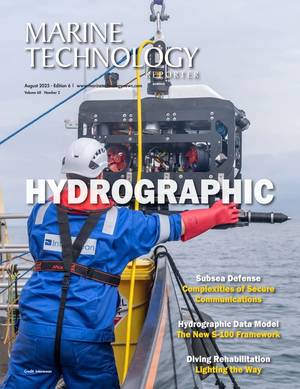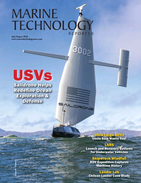Lloyd's Register: Considered Approach to Protecting Marine Biodiversity Offers Competitive Advantage
Proactive measures supporting marine biodiversity create operational efficiencies and attract commercial incentives, according to a new Lloyd’s Register (LR) report, launched June 11 at the UN Ocean Conference 2025 in Nice, France.
The Shipping Biodiversity Report offers practical, science-based guidance and potential actions for shipowners, operators, regulators and policymakers seeking to protect marine biodiversity while maintaining efficient operations.
The report connects environmental impact with financial and reputational exposure. Ships with poor noise or discharge profiles may not be eligible for port incentive programs, face reduced charter appeal, or operating restrictions in ecologically sensitive zones.
Conversely, proactive measures, such as investing in greener technologies or operational practices such as reducing speed in known habitats, can deliver sustainable practices, operational efficiencies and attract commercial incentives.
It recommends a number of practical strategies and actionable pathways for shipowners and operators, such as early consideration of biodiversity impacts during vessel design, technology and digital adoption, and holistic thinking around ship discharges and future fuels.
The report provides a tool to understand the cause-and-effect relationship between shipping activities and environmental pressures. These include the introduction of non-indigenous and potentially invasive species, often via ballast water and biofouling, which can have negative impacts on native populations and food chains, sometimes leading to extinction or impacting vital industries such as fisheries and aquaculture.
Harmful and toxic discharges, ranging from accidental spills to the cumulative impact of routine operational discharges, are other activities causing pressure. These introduce chemicals, nutrients causing eutrophication and microplastics that alter ocean chemistry and contribute to ocean acidification.
Physical impacts, including ship strikes that pose lethal threats to marine animals, anchoring activities that can destroy sensitive seafloor habitats such as coral reefs, and vessel-generated waves and turbulence, also contribute to ecosystem degradation. Additionally, underwater radiated noise from vessels is now recognized as the primary contributor to chronic ocean noise, altering the behavior and distribution of marine mammals and fish.
The Shipping Biodiversity Report is the first volume in a planned series that will expand to address technological solutions, operational practices, and collaborative approaches to environmental management. The full publication is available to download from LR’s Maritime Biodiversity Research Programme.

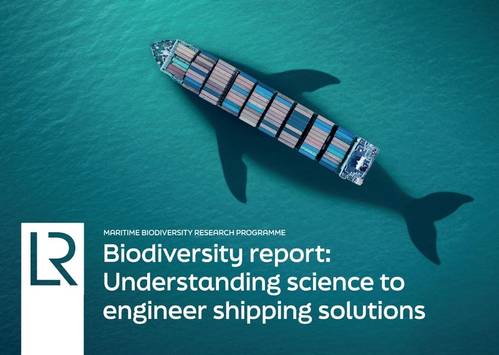

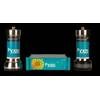
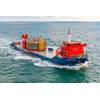

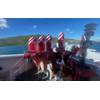
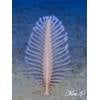







 August 2025
August 2025
